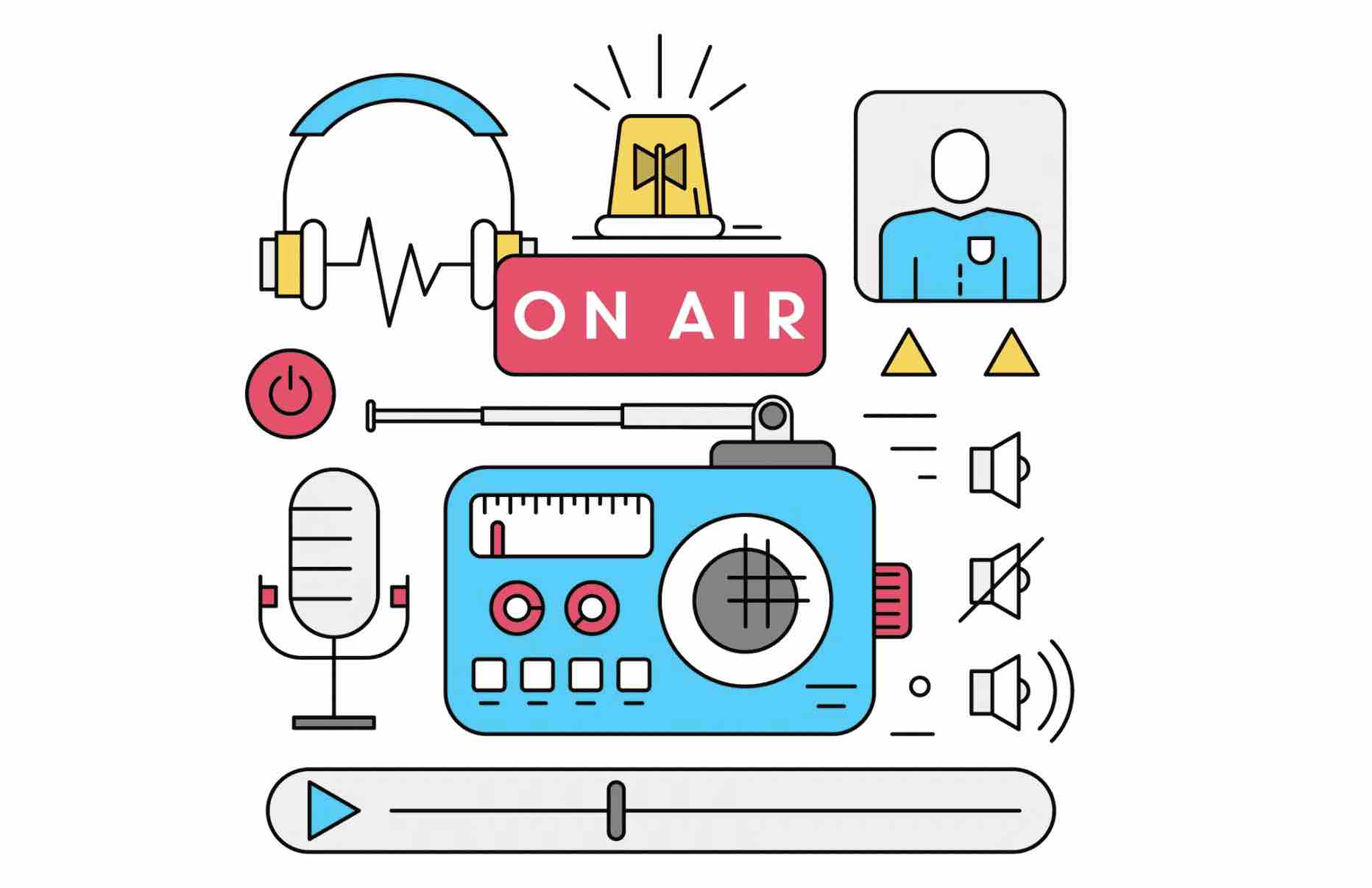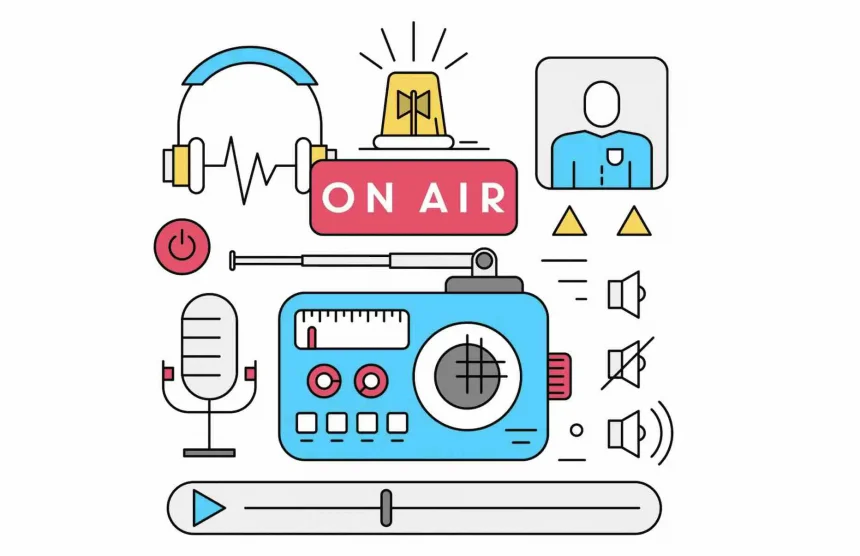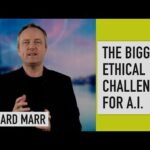
Introduction
From medieval composers coaxing symphonies out of the piano’s predecessors to vinyl LP, cassette tapes, CDs, and streaming, the music industry is no stranger to massive changes. However, one thing has remained the same throughout the centuries – the creator of a piece of music was also the copyright owner of their piece of work.
Today, industry experts believe that we are about to enter a new era of music. As artificial intelligence (AI)-based music generators are becoming more powerful, it is becoming harder to decide who owns the copyright to their works. But the legal concerns do not end here. Training artificial intelligence applications requires the use of copyrighted music. Is that an infringement on an artist’s rights? Here is a closer look at the legal status of AI-generated music.
AI in music
Artificial intelligence in music can trace its history all the way back to the middle of the 20th century. In 1951, computer scientist and codebreaker Alan Turing created a simple machine that could make melodies. Since then, musicians have used technology in their creations in countless ways. For example, in the 1990s, David Bowie used a digital lyric randomizer for pop music. Just a few years ago, in 2018, the music world celebrated the release of “Hello, World,” the first-ever AI-composed album.
One thing that all these examples have in common is that they were exceptions to what could be considered mainstream music. Although milestones in their own right, these uses of AI had relatively little impact on commercial aspects of the music industry. This is about to change. As technological advances have put AI within easy reach of composers, songwriters, and producers, the potential of AI in music has grown exponentially.
Also Read: Who Owns Art Created By AI? Can AI Art Be Copyrighted?
Viable AI Music Generators
Most people will be familiar with simple AI applications creating playlists on the likes of YouTube and Spotify. These tools were merely selecting songs based on perceived user preferences. While convenient, their impact did not reach as far as copyright implications. Today’s artificial intelligence applications can do more. In the process, they are raising legal questions.
We have entered the age of AI music generators. For the uninitiated, generative artificial intelligence refers to any AI algorithm that can create new, AI-generated content. Valuable content may include audio files for songs, text, images, code, or simulations. Even those new to the field are likely to have heard of one of those applications, ChatGPT, thanks to recent headlines and controversy around the app.
Some of the biggest technology brands have launched or are working on their own music generators. Google, Apple, and Microsoft are all entering or have entered this market. Their generative applications could change how we think of content creation. They have also become powerful enough to make it almost impossible to distinguish human output from machine-generated output. But one of the biggest questions AI-based music generators are raising relates to copyright issues. Who are the copyright holders of computer-generated works of music?
Copyright ownership
In the United States, copyright standards are governed by U.S. copyright law and implemented by the U.S. Copyright Office. The copyright office’s standards of practice are laid out in the body’s Copyright Compendium. Last updated in 2021, the Copyright Compendium is the government’s manual for copyright registrations and processes concerning the administration of copyright claims.
Although useful, the compendium can only put into practice what has been described by U.S. laws or what has since been decided in courts. U.S. copyright law traces its foundations back to the 18th century, and it is safe to say that its provisions do not stretch as far as distinguishing between human and other creators.
The advent of AI in art, including music, has raised fundamental questions within copyright law that are proving difficult to address. One recent example from the art world is Stephen Thaler’s AI-generated image “A Recent Entrance to Paradise.” Thaler created the image in November 2018 with his own Creativity Machine algorithm. When asking the copyright office to recognize his ownership rights in 2019, he was denied on the grounds of a lack of human authorship. A 2022 review confirmed the earlier ruling.
Sufficient human creative input
Current copyright law and intellectual property law only protect works that result from human intellectual labor, are captured in a tangible medium, and relied upon the “creative powers of the human mind.” This interpretation of the process of creation through copyright law raises the question of what constitutes sufficient human input or human authorship requirements. Stephen Thaler’s attorneys argue that AI is capable of delivering creative output, even without a traditional human author.
The music industry is not the only part of the art world wrestling with questions about human involvement, intellectual conceptions, and copyright application. The rise of image generators like Stability AI has raised similar questions about the concepts of authorship in the area of image creation.
Also Read: Can People Tell the Difference Between Music Created by AI and People?
Can you use copyright-protected data to train AI models?
Legal questions about the works produced by AI are only one of the areas where controversy has arisen. Another potentially more pressing concern relates to the training of AI and the possibility of copyright infringement. Artificial intelligence models and algorithms are trained by feeding them vast quantities of existing data.
In the case of music generators, that means the applications receive input such as lyrics, melodies, songs, and written compositions, all of which are protected by copyright. The models use these materials to generate new materials, which has led to accusations of copyright infringement.
Just a few months ago, the Recording Industry Association of America (RIAA) warned the owners of AI music generators that their use of copyrighted music for training purposes threatened the exclusive rights of copyright owners and equated to copyright infringement. The organization argued that AI applications reproduced music and created derivative works from the basis of pre-existing works without the right level of license.
As with most legal issues, there is a counterargument. In this case, AI programmers believe that their use of training data is protected by the law’s fair use stipulation. They also argue that AI-generated outputs are transformative. That means it is sufficiently different from its source and has no impact on the market potential of the original.
So, can you use copyright-protected material to train AI? There is no definite answer as yet. What we know for sure is that programmers are using existing music to train AI generators. The legal stance of both sides is currently being tested in a class action lawsuit on behalf of several artists who are challenging Stability AI, Midjourney, and others for infringing copyright on countless images.
Proving infringement with AI-Music
To be successful in court, a plaintiff needs to prove that infringement has actually happened. When it comes to AI music, that would mean showing that the AI application did copy the music and that this act of copying was unlawful. Using a copyright-protected piece of music would be unlawful if too much of an existing piece had been copied and the output, therefore, became too similar.
How would musicians know that this has happened to their works? While there is no simple way to determine and prove infringement as yet, image-based art is delivering a precedent. Artists can use an AI software (!) called Spawning AI to check whether their works were used in training other AI. There is no reason why similar technology should not be available to musicians and music producers soon.
Implications for copyright law
Right now, artificial intelligence technology is developing faster than the law. As a result, there are more legal questions than answers. Looking at recent court decisions, there seems to be a tendency to rule in favor of human-generated content and against the potential to protect art created by AI.
Legal experts who have been following arguments on both sides believe that it is too early to tell whether generative AI will face serious legal challenges. There appear to be two core questions at the heart of ongoing legal cases:
- Can anyone own the creative output of AI?
- Do ownership rights to the input give you legal rights to the model or its output?
The answers to these questions will then determine how the music industry and the legal community deal with the expected fallout.
Commercial impact
Many musicians and music producers today are using AI as a collaborative tool. Rather than relying on machines to compose and arrange entire songs, they use technology to let their compositions evolve. Holly Herndon and her AI ‘Spawn’ are one example of that.
Under current copyright law, these collaborations should be protected because the AI is merely an extension of the creative choices of the human using it rather than being the actual creator.
However, as more AI music generators are being trained, legal questions surrounding the use of copyrighted music for training could have a larger commercial impact. If training use does, in fact, constitute a copyright infringement, artists would be able to sell licenses to developers.
Addressing ambiguity
Right now, clarifying ambiguities surrounding sufficient human creative input should be a priority for copyright lawyers and the courts addressing pending cases. There is no sign to suggest the development of AI will slow down any time soon. As a result, the music industry needs to be prepared for the growing influence of AI.
Protecting creative works, including those generated with the help of machines, will likely be one of the biggest challenges for the years ahead.
U.S. Copyright office rules A.I. music can’t be copyrighted.
The Copyright Office’s latest stance is that music generated entirely by AI cannot be copyrighted. At the same time, the USCO clarified that AI-assisted works may be eligible for copyright protection.
This first-ever formal guidance on the issue will likely be the first of many as the interpretation and implementation of its content will lead to new challenges.
Do we need to update our copyright laws for AI generated music?
With legal experts awaiting the outcome of pending court cases with bated breath, it is safe to say that AI is certainly forcing us to re-evaluate our current approach to intellectual property rights. Copyright application and copyright protection for music are only one part of the legal challenges.
Future
Major players in the music business worldwide recognize that AI-generated work is here to stay. Legal experts believe that legal frameworks need to adapt to answer questions relating to human intelligence and independent creation.
Some of these questions are currently being discussed in copyright lawsuits and we are likely to see more legal action as artists believe their exclusive rights to intellectual creations are under threat. As technologies like AI and machine learning continue to evolve, the art world in particular may encounter additional copyright concerns. Adjusting legal guidance now can function as preparation for a future of human-machine collaboration.
Also Read: 12 Apps and Tools To Make Music With Artificial Intelligence
References
“AI Can Create Art, but Can It Own Copyright in It, or Infringe?” Community, https://www.lexisnexis.com/community/insights/legal/practical-guidance-journal/b/pa/posts/ai-can-create-art-but-can-it-own-copyright-in-it-or-infringe. Accessed 26 Mar. 2023.
Betts, Will. “Electronic Music Should Sound like It’s ‘Alive and Breathing’: Holly Herndon.” MusicTech, 31 May 2019, https://musictech.com/features/interviews/holly-herndon-ai-electronic-music/. Accessed 26 Mar. 2023.
Huppe, Michael. “Artificial Intelligence Has Big Implications For Ownership In The Music Industry.” Forbes, 12 Dec. 2022, https://www.forbes.com/sites/forbesbusinesscouncil/2022/12/12/artificial-intelligence-has-big-implications-for-ownership-in-the-music-industry/?sh=2e2ae02b5797. Accessed 26 Mar. 2023.
Koe, Crystal. “Art Created by AI Cannot Be Copyrighted, Says US Officials – What Does This Mean for Music?” MusicTech, 22 Feb. 2022, https://musictech.com/news/industry/art-created-by-ai-cannot-be-copyrighted-says-us-officials-what-does-this-mean-for-music/. Accessed 26 Mar. 2023.
Office, U. S. Copyright. “Compendium of U.S. Copyright Office Practices.” U.S. Copyright Office, https://www.copyright.gov/comp3/. Accessed 26 Mar. 2023.
Okewale, Tunde. “GRM Exclusive: When AI Generates Music, What Happens to Copyright Protection?” GRM Daily, 31 Jan. 2023, https://grmdaily.com/ai-music-copyrights-explained/. Accessed 26 Mar. 2023.
Recker, Jane. “U.S. Copyright Office Rules A.I. Art Can’t Be Copyrighted.” Smithsonian Magazine, 24 Mar. 2022, https://www.smithsonianmag.com/smart-news/us-copyright-office-rules-ai-art-cant-be-copyrighted-180979808/. Accessed 26 Mar. 2023.
Sammataro, James. “Billboard.” Billboard, 27 Jan. 2023, https://www.billboard.com/pro/ai-generated-music-songs-copyright-legal-questions-ownership/. Accessed 26 Mar. 2023.
Setty, Riddhi. AI-Assisted Works Can Be Protected, US Copyright Office Says (1). 15 Mar. 2023, https://news.bloomberglaw.com/ip-law/ai-assisted-works-eligible-for-protection-says-copyright-office. Accessed 26 Mar. 2023.
Vincent, James. “The Scary Truth about AI Copyright Is Nobody Knows What Will Happen Next.” The Verge, 15 Nov. 2022, https://www.theverge.com/23444685/generative-ai-copyright-infringement-legal-fair-use-training-data. Accessed 26 Mar. 2023.
“What Is Generative AI?” McKinsey & Company, 19 Jan. 2023, https://www.mckinsey.com/featured-insights/mckinsey-explainers/what-is-generative-ai. Accessed 26 Mar. 2023.











